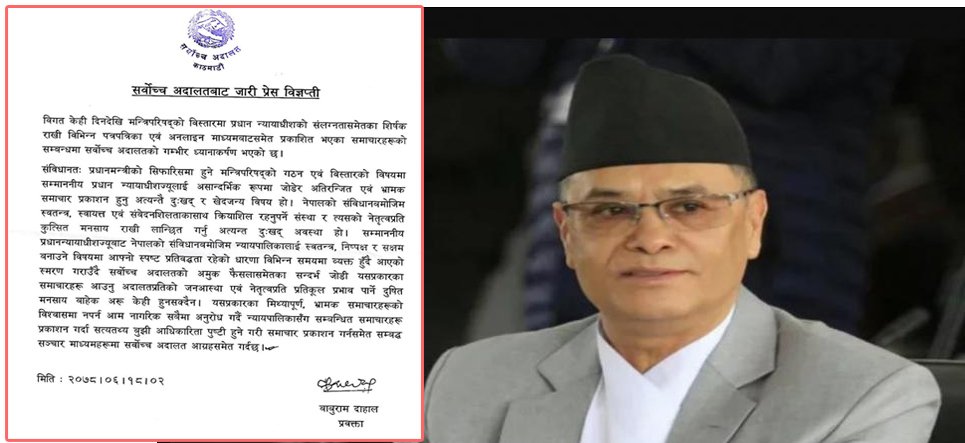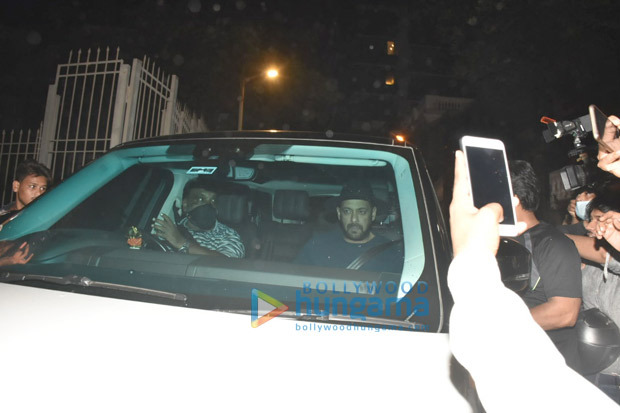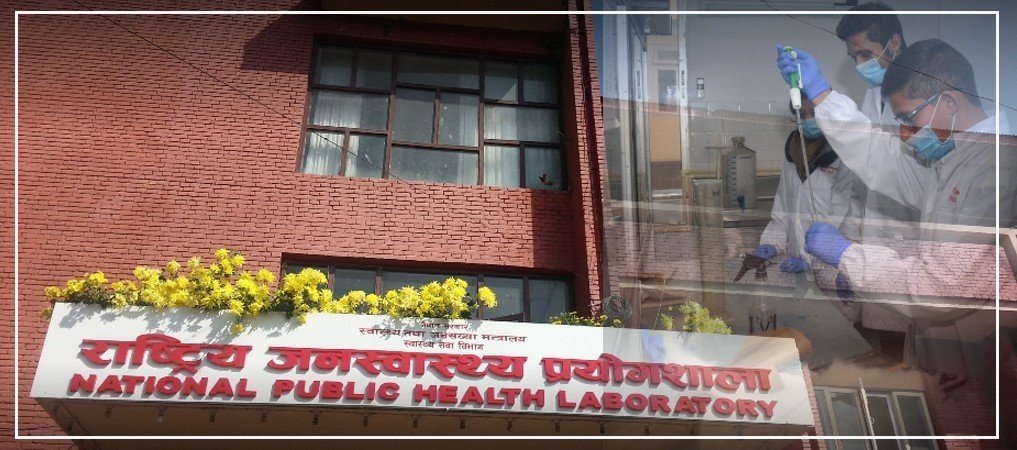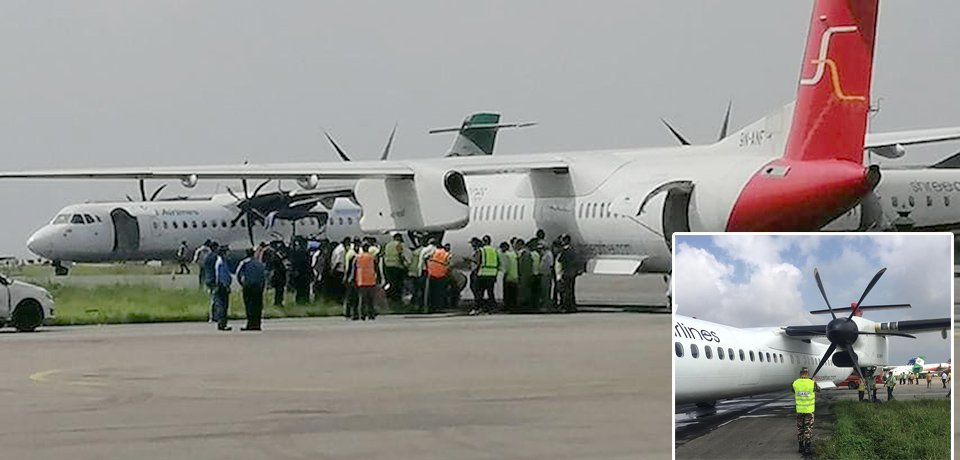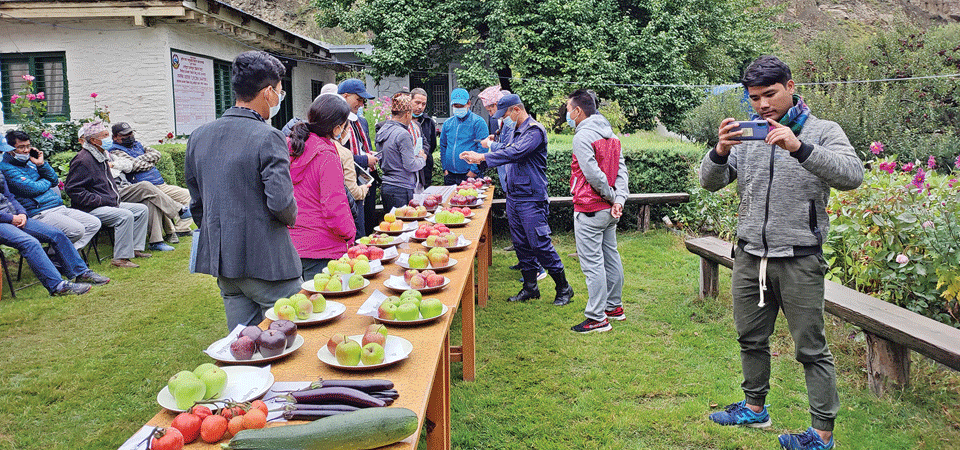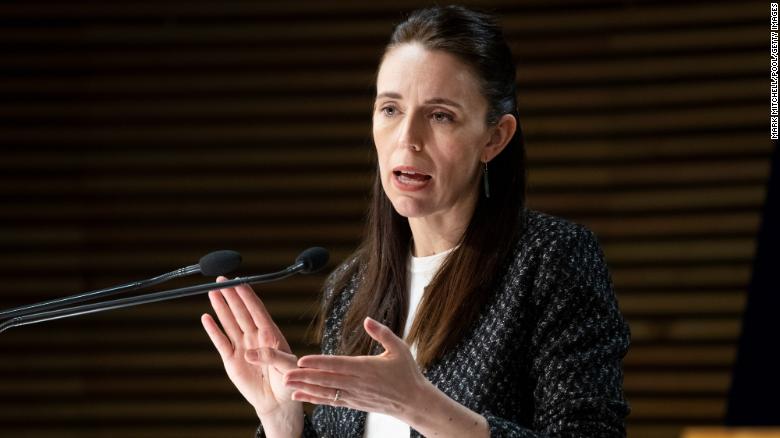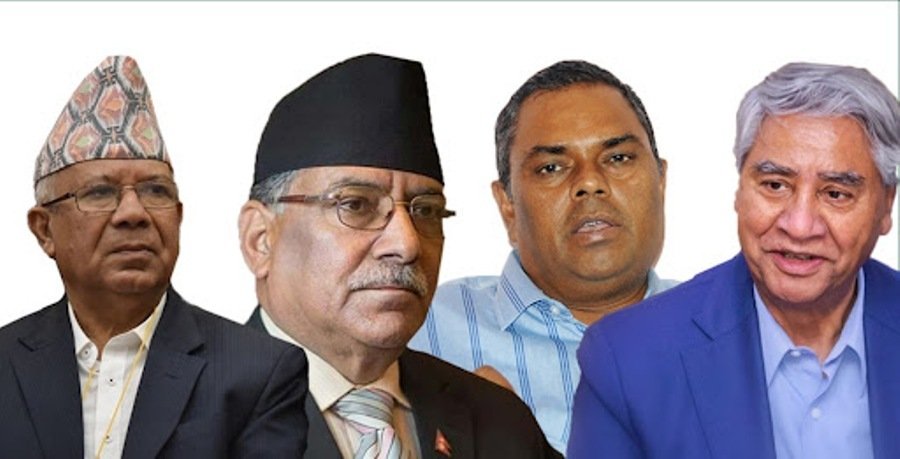Africa's biggest film festival FESPACO in my memory
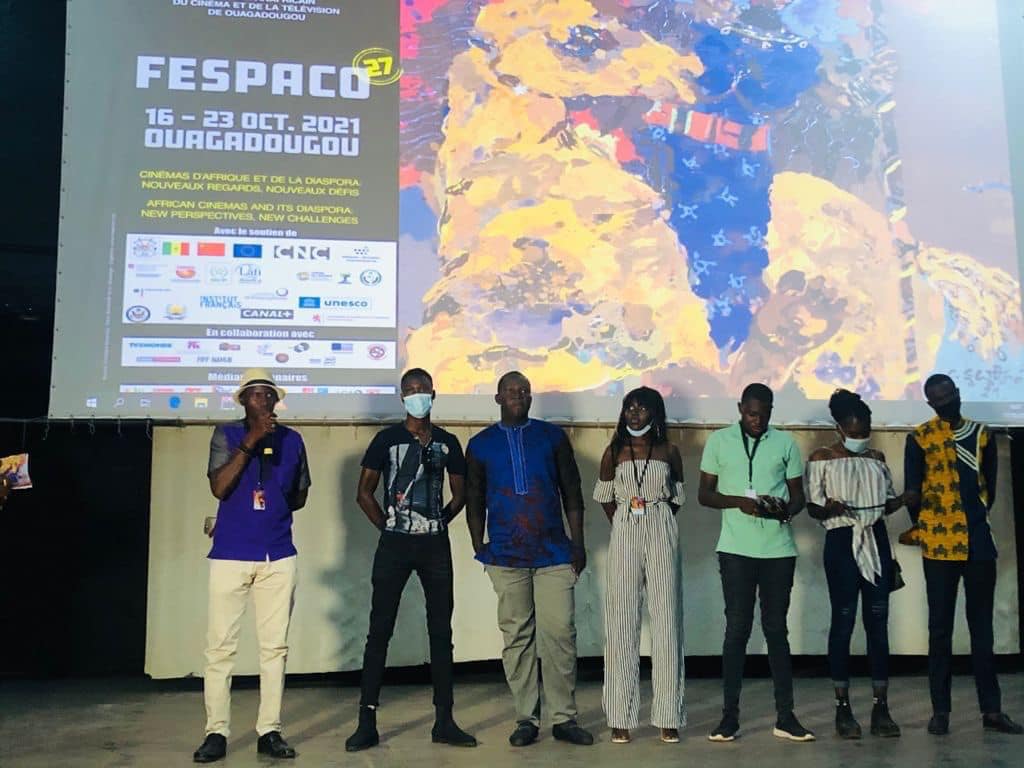
By Dr. Manju Mishra
People view Africa through a very peculiar lens: disasters, civil wars, disease, and starvation. Very little is known about Africa apart from its wildlife and the narrative promulgated by mainstream media. It's both pity and irony that people venture to gauge a book by its cover, for most of our initial perceptions of Africa are mostly unfounded stereotypes. In a world where change is the only constant, the relevance and authenticity of all prevalent stereotypes and prejudice must be put to serious questioning. Outdated and selective narratives portrayed, sometimes unintentionally, in the media and in our history books about Africa taint our understanding and provide fertile grounds for baseless stereotypes to flourish. Our core assumptions derived from what we've been taught about Africa in our school curriculum are grossly outdated. For a continent that has been extolled as the cradle of mankind, we certainly lack a holistic point-of-view of African culture.
It is not a coincidence that I have great passion, love, and interest in Africa. At the age of 9, I was adopted by an African American with whom I stayed a long time and who admitted me to a very prestigious school here in Nepal. After finishing high school it just so happened that I went to study in Russia at Patrice Lumumba University ( named after an African) where, even there, I had plenty of friends from Africa. After several years, when I finally returned to Nepal, I decided to organize Nepal Africa Film Festival( NAFF) with the theme " Africa through African Lens" which garnered serious media attention in our capital.
I have been organizing this festival since 2011 and ever since then, I have always desired to go to Burkina Faso to participate in the festival which I had heard so much of. Over these years at NAFF, I got introduced to Prof Darwis in Nepal whom I asked to help me connect NAFF with African partners. He then introduced me to two Burkina-Faso professors who became literally, gifts-of-god for me for the continuation of our Nepal Africa Film Festival.
This year, I had the good fortune to attend the FESPACO Film Festival where I was introduced to dozens of renowned African filmmakers, producers, and directors. The festival was very lively and felt very passionately organized. I saw people enjoying, singing and dancing which triggered many recollections in me. There were many events happening simultaneously at different areas of the venue which I found to be managed rather diligently and with great scrutiny given to guest convenience. There were halls where parallel discussions and workshop regarding the film industry in Africa was organised. More than fifty thousand people visited the festival and 500 delegates filmmakers producers and directors from all parts of Africa had come to attend this Pan African Film Festival in Ouagadougou. In the festival, i met renowned Malian filmmaker and director Souleymane Cissé who studied in Russia in the 1970s at Moscow State University. I was very pleased to meet him thanks to FESPACO. In the meantime, I also met the producer Thomas Grand of Golden Fish which we screened this year. The world is small while you have people loving around you.
The festival is organised every two years and last year they celebrated fifty years of FESPACO. This is the largest film festival all over Africa and has a great importance of social, cultural and political values to tie up the filmmakers in Africa continent. During my stay in Ouagadougou i received an opportunity to be introduced to the Delegate General of FESPACO Alex Moussa Sawadogo who is a master-minded person in architecting the FESPACO. His hard work and dedication made Pan African Film Festival a great success. It was jointly inaugurated by the president of Burkina Faso and the president of Senegal along with the minister for the culture of neighboring countries. In the closing ceremony of FESPACO where dignitaries and his excellencies were present Delegate General Alex thanked and named Nepal for its contribution in bridging the gap between Nepal and Africa. His words encouraged me to work more with dedication. Some of the filmmakers debated with me that in present years the festival has been more French because many films had been selected made by none Africans about Africa which did not reflect African views.
Burkina Faso is a small, landlocked country just like Nepal in the West African Region. Burkina Faso (formerly Upper Volta) achieved independence from France in 1960 right around when many of the African countries got their independence after the second world war. Then in 1983, Thomas Sankara became president and implemented a number of major reforms, changing the name of the country from the Republic of Upper Volta to Burkina Faso. I always greatly admired this giant of a man which the land of Burkina Faso produced. It will forever be etched in history, of all the crimes powers-that-be initiated to inhibit a leadership as honest and loving as Thomas Sankara - a man with such depth of moral integrity. His character I believe shall always serve as a reminder for others to embrace honesty and integrity with complete selflessness even in the face of great danger.
The country experienced several terrorist attacks in its capital. Very much similar to Nepal where two decades ago, Maoists in the name of democracy attacked many of our ancient cultural and historic places, destroyed government offices, schools and colleges, and hospitals. My experience at Burkina Faso has been thoroughly pleasant and I was pleasantly surprised by the humbleness and gentleness of the people in this land. Truly, the name Burkina Faso, which means “Land of Incorruptible People,” stands very apt even today. I felt that as a land-locked country our problems are very similar. As I arrived in Ouagadougou in the airport I was so impressed by the hospitality shown by the airport staff. What impressed upon me considerably was when a guy who took a professional Passport photo of me refused to take money after I told him I may not need his photos. He answered me so politely: since the photos were not printed, I was not obliged to pay. I was deeply impressed by his honesty. At that moment, I realized, had it been some other places, highly probable that the photo vendor would have insisted I pay for the photo. All in all, I felt FESPACO was extremely well organized and the government had given due attention to its management. Because of the number of people that I saw that was so passionately involved, I found the festival to be more of a national festival rather than an isolated event in the capital. During my ten days, I was told more than fifty thousand people attended this event. The streets in Ouagadougou were full of FESPACO embalm and posters. I was also requested to do a small presentation where I focused primarily on "Africa through African Lens".
"Africa through African Lens" - It means viewing Burkina Faso through the eyes of Burkinabe's, it is not through the eyes of Mali or Togo or Niger (just to name a few) that we view this great land that birthed Thomas Sankara. In the same way Nepal through Nepalese Lens only. Only then shall we be able to provide good leadership for our own identity and our own culture at the international level. We need our common voice, our very own platform to represent ourselves and our culture through film festivals and other extensions of media which strongly reflect us without any prejudice. Until we fearlessly and strongly represent ourselves through our own lens we can never be good and true stewards of our land and our people. Hence, countries in Africa and underdeveloped countries should embrace Africa through the African lens and help counter the narrative promulgated by western media and their biased lenses which dictate our sovereignty.
Coming years, we seek to collaborate with FESOPACO in Nepal which is a great thing for our small festival. I have personally requested them to screen a film about Thomas Sankara as our opening film at NAFF. To attract and bridge the gap between countries who know less about Africa I suggest that there be a small section dedicated to screening films of other parts of the world that show deep interest in the various cultures within Africa.
Recent News

Do not make expressions casting dout on election: EC
14 Apr, 2022
CM Bhatta says may New Year 2079 BS inspire positive thinking
14 Apr, 2022
Three new cases, 44 recoveries in 24 hours
14 Apr, 2022
689 climbers of 84 teams so far acquire permits for climbing various peaks this spring season
14 Apr, 2022
How the rising cost of living crisis is impacting Nepal
14 Apr, 2022
US military confirms an interstellar meteor collided with Earth
14 Apr, 2022
Valneva Covid vaccine approved for use in UK
14 Apr, 2022
Chair Prachanda highlights need of unity among Maoist, Communist forces
14 Apr, 2022
Ranbir Kapoor and Alia Bhatt: Bollywood toasts star couple on wedding
14 Apr, 2022
President Bhandari confers decorations (Photo Feature)
14 Apr, 2022



